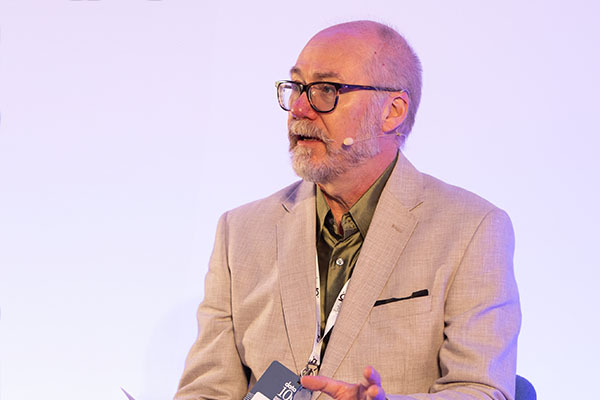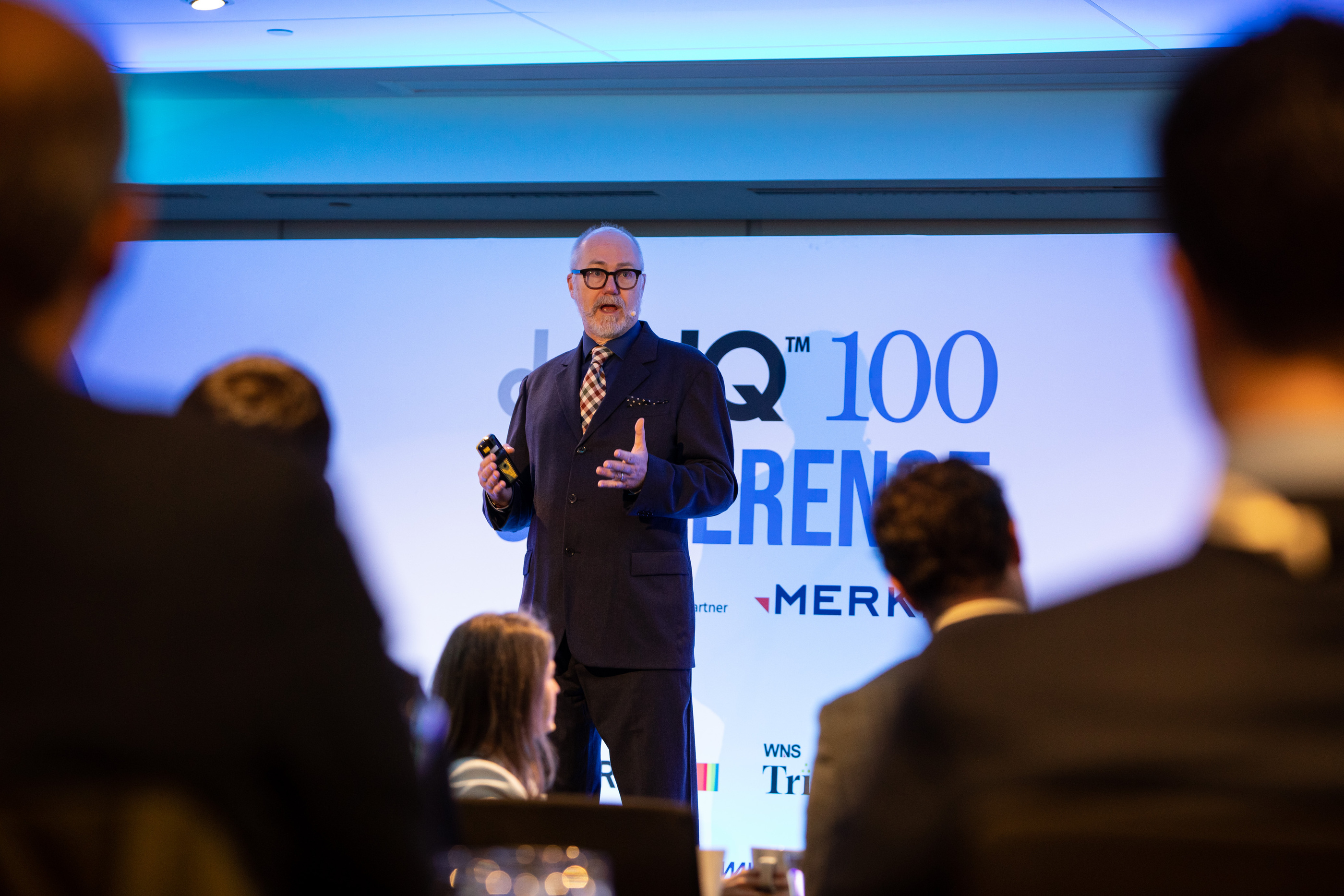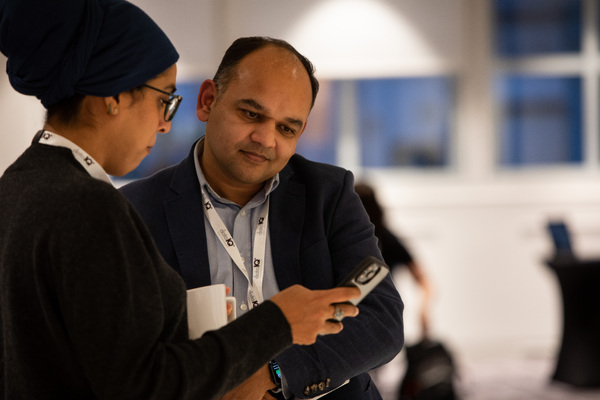Location data, privacy and consent
A lack of trust in technology companies and fear of location data being misused can lead to people taking some fairly illogical actions.

Slavka Bielikova, advocacy programme coordinator at Consumers International, has seen a lot of research on consumer behaviour in relation to data and consent. She knows of an example of one man who purposefully avoided designating his address as ’home’ when using Google Maps in the belief that Google wouldn’t know where he lived.
This person failed to recognise that his phone would be sending data signals from a fixed location during the hours of darkness, and it would not be a stretch for Google to infer that the individual lived there. This person is also me. I have set my Google ‘home’ a mile away from where I actually live as I also didn’t make the connection that Google is very good at making connections.
Concerns were raised about other apps and tech companies, including weather forecast apps often used on mobile devices which are notorious for harvesting personal data, selling it to third-parties and not being transparent with users.
This issue of a lack of trust in technology companies is widespread. A survey carried out by Consumers International found that over half of 6,000 people surveyed do not trust their IoT device but still use it. They end up putting their trust in the manufacturer of the device and hoping that they are acting in their best interest.
When asked ‘do consumers care?’ Bielikova responded that they do. She cited research from different sources about consumer sentiment that has shown new technology generates and elicits feelings that they didn’t have about old technology. Those feelings included creepiness, helplessness and loss of control. That loss of control means that they are subject to technology rather than the other way around.
Dr Ana Basiri of the Centre for Advanced Spatial Analysis confirmed that the threat to privacy is very real, as tech companies are able to jigsaw together a profile of someone. Information can be inferred about you from your location data which be cross-referenced with public information.
Did you find this content useful?
Thank you for your input
Thank you for your feedback
You may also be interested in
DataIQ is a trading name of IQ Data Group Limited
10 York Road, London, SE1 7ND
Phone: +44 020 3821 5665
Registered in England: 9900834
Copyright © IQ Data Group Limited 2024



